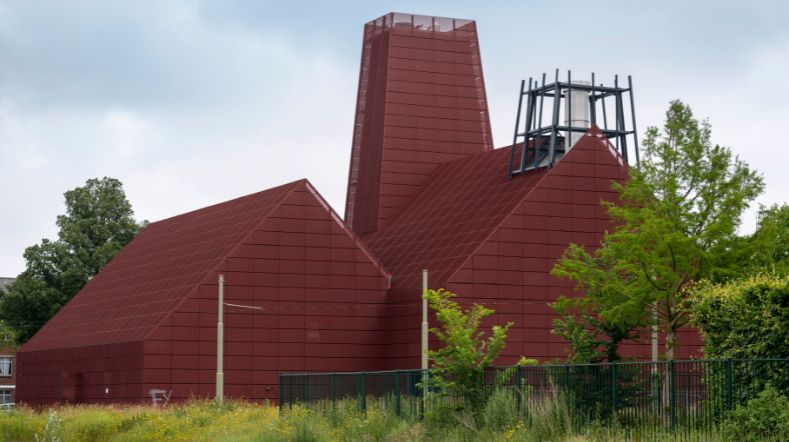
Circularity & Sustainability Impact
Climate change, circularity, and sustainability are big environmental and economic challenges for government, industry and society. Within the research group Circularity & Sustainability Impact, we contribute to tackling these challenges by combining our detailed technical knowledge of industrial processes and systems and connect this to new and existing models and impact tools.
The mission of Circularity & Sustainability Impact is to give independent, novel, and comprehensive insights from a systems perspective to accelerate the transition to a sustainable future and indicate the urgency to act now, so that future generations can live happily and healthily within planetary boundaries.
We specialize in turning knowledge about materials, value chains, macroeconomic systems and emissions into practical solutions for arising environmental issues. We assess how economic, social, and technological changes affect energy supply, industrial production, built environment, mobility, and the use of circular plastics. To pursue our mission, we operate in the following domains.
In a circular economy, waste and raw materials are balanced, where existing products and resources remain within the loop. At TNO, we are working on applications to achieve a fully circular economy by 2050. With technical, social, and economic expertise, we help governments and businesses on their way to becoming more sustainable.
We quantify and model the impact of circular economy, focusing on several sectors such as the chemical and refining sector, renewable energy technologies, (high tech) manufacturing industry, biomass (waste) conversion technologies and building and infrastructure.
By combining environmental, economic and social effects of circular and sustainable technologies, strategies and policies we can support industry and local and national governments. By taking a comprehensive look at the possibilities and in collaboration with the various disciplines within TNO, we find the appropriate answer to every question, whether it is a policy dilemma or a technological challenge.
In the future, we want the energy system to be steady, available to everyone, and sustainable. To make this happen and fight against growing climate change, it's important to speed up the shift to an energy supply with zero emissions. We are concentrating on using a mix of new technologies to make this happen. This includes energy made from the sun, wind, and plants, as well as heat from the Earth.
We're also working on creating clean ways to store energy, like green hydrogen, and making sure our energy infrastructure is reliable. Additionally, we're designing plans for an energy system that is dependable, easy to get to, and good for the environment. For this we model new technologies and methods, including electrification, CCS and CCU.
At Circularity & Sustainability Impact we support the acceleration of the system transition to sustainable plastic value chain by independent environmental and techno-economic assessments for governments, associations and industry. We develop and demonstrate innovation in redesigning plastic products and recycling technologies. Additionally, we analyze existing and future value chains for the production, use, and recycling of plastics, including plastic quality. Additionally, we tackle the dark side of plastics and build mitigation strategies to mitigate these adverse impacts.
The tools developed for impact assessment find an application in buildings and infrastructure materials and plastics. Very relevant steps have been taken in developing and applying the methodology for tender procedures for pavement/roads.
To achieve the climate goals of 2050, the manufacturing industry plays a crucial role as there are many factors subject to sustainable change. To make the industry entirely sustainable, there are two interlinked influential factors: sustainable energy and recycling of raw materials. The process and chemical industry face challenges of continuing to create valuable products in the future in a fully sustainable manner.
Within Circularity & Sustainability Impact there is a focus and collaboration with the high-tech industry, to support and acknowledge change in electronics, transport, and packaging. We offer expertise in circularity and business models to tailor sustainable change.
The energy transition goes hand in hand with the material transition. As raw materials are becoming increasingly rare and are highly pollutant for our environment, Circularity & Sustainability Impact strives to optimize the use of materials, and promotes recycling and reduction of waste. The goal is to minimize environmental impact, conserve resources and create a more resilient economic model.
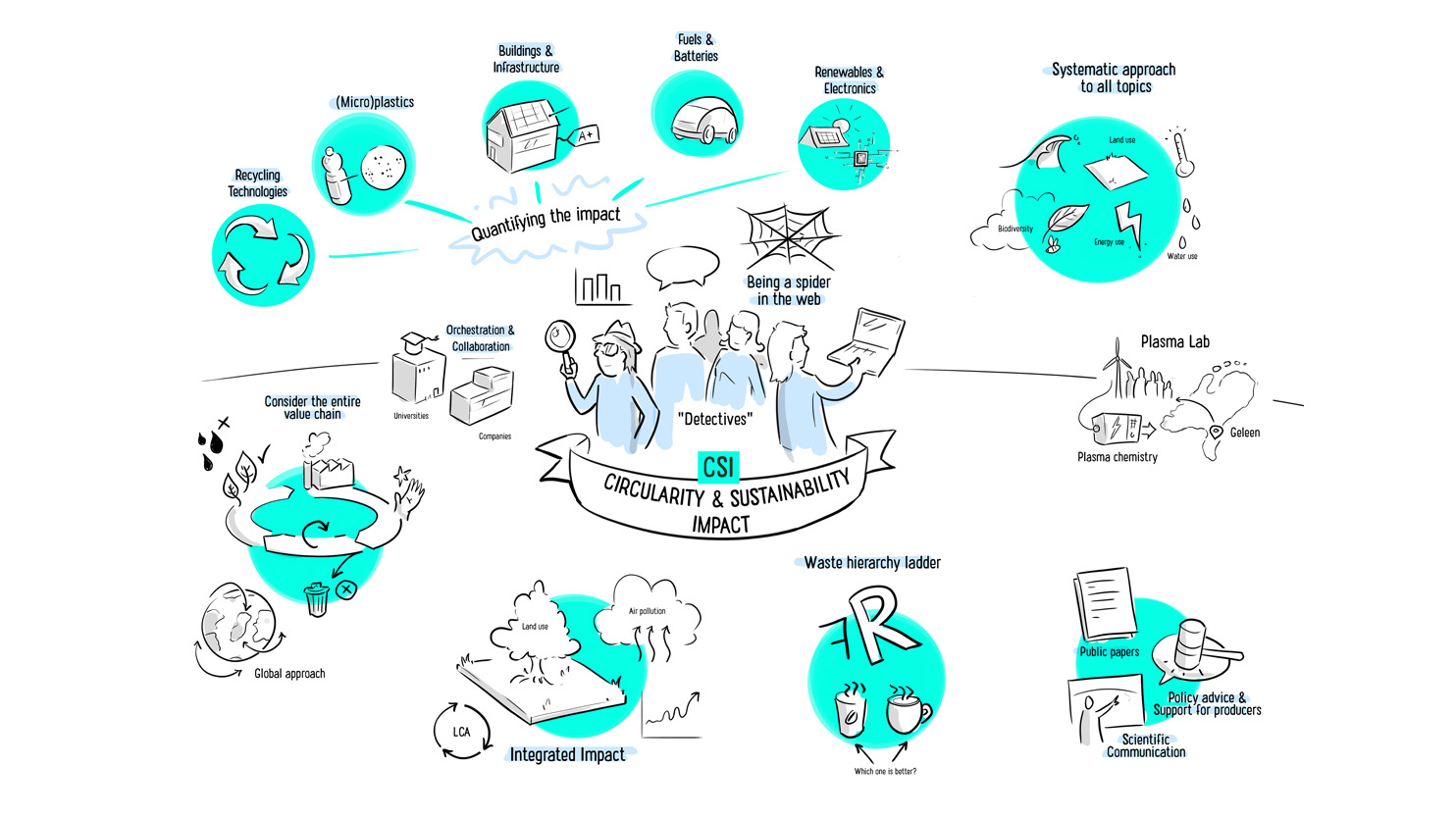
Circularity and sustainability impact researchers are framed as detectives, as spiders on the web, and as orchestrators of innovation. Circularity & Sustainability Impact works in eight different areas. The first one is quantifying impact by working on recycling technologies, (micro)plastics, building and infrastructure, fuels and batteries, and renewable electronics. Secondly, Circularity & Sustainability Impact looks at a systematic approach to different kinds of topics, from water to heat to nature. Thirdly, they invest in the plasma lab in Geleen to work on plasma chemistry. Next to that, there is a focus communication to the outside world by giving policy advice and support of producers or sending scientific communication via public papers. Moreover, Circularity & Sustainability Impact determines a waste hierarchy ladder by producing the theory of the 7 R's, to understand how to minimize waste. Which is important to be able to work on the final two areas, namely the integrated impact assessments such as the LCA's, and to consider the entire (online) value chain globally.
Types of knowledge
Our in-house expertise at Circularity & Sustainability Impact spans renewable energy solutions, resource-efficient material usage, and global policy insights, enabling us to provide targeted guidance for governments, NGOs, and industries. This multifaceted knowledge is not only cutting-edge but also highly applicable, offering strategic support in diverse sectors. At Circularity & Sustainability Impact, we pride ourselves on delivering adaptable and impactful solutions for a more sustainable and resilient future.
- Environmental Impact assessments
As the world around us brings more focus to sustainability and climate change, it is becoming increasingly necessary for guidance to be provided on both a qualitative and quantitative basis. Circularity & Sustainability Impact develops methodologies for Life Cycle Assessment and models the consequences of circular strategies on economical, technological and societal levels. We can include indicators or circularity, scarcity and criticality of resources, air quality, biodiversity, human wellbeing and safe and sustainable by design. By combining different modelling frameworks, we can provide a combination of macro- and micro-analysis of complex systems. - Material flows and stocks
At Circularity & Sustainability Impact we work with existing methodologies, including Dynamic stock modeling, Material Flow Analysis, Integrated assessment Models and integrate these methods for insights in the full value chain. These models can be used to assess environmental impacts on a macroeconomic level. Circular economy strategies can be properly and thoroughly assessed for the full value chain and on a system level. - Forecasting
With forecasting techniques focusing on technology, society and corporate footprints, Circularity & Sustainability Impact can predict and guide the energy and material transition in future scenarios. Forecasting includes (i) predictions of technology development from lab to industrial scale, (ii) technology learning after the technology enters the market and (iii) impact of changes in future energy and material flows. However, policies need to combine forecasting of the technology transition with human behavior to accomplish fundamental changes. Which is necessary for companies to target a decrease in their environmental footprint.
Curious to explore more? Reach out and let's explore the path to sustainable innovation together.
Get inspired
Queue on the power grid could slow down the mobility transition
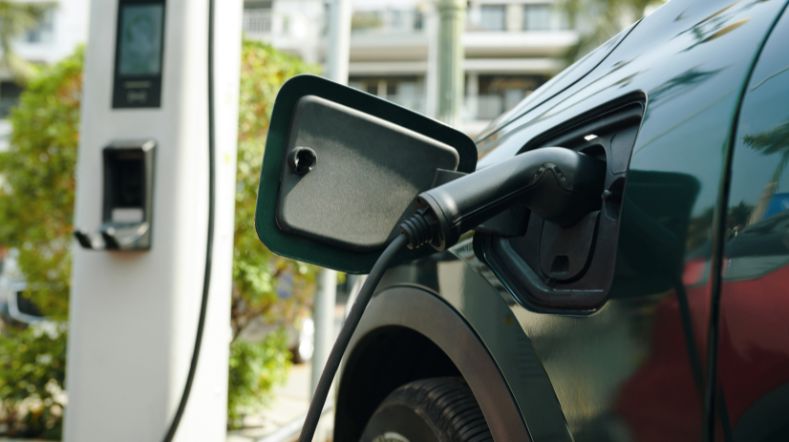

Environmental DNA: TNO charts a new course for biodiversity monitoring
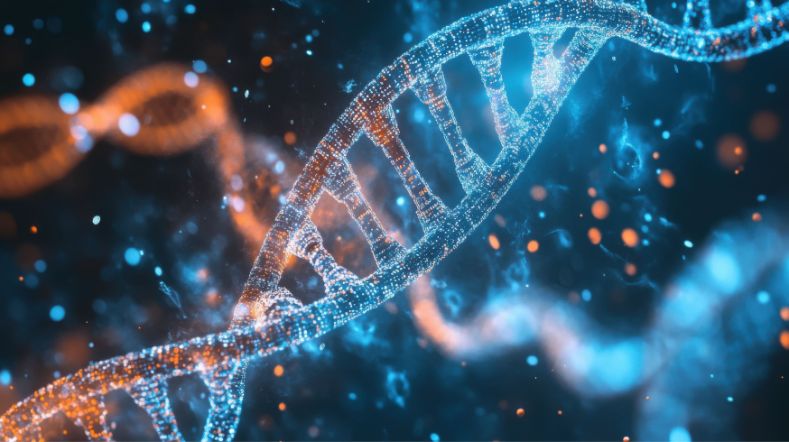

An innovative view on particulate matter
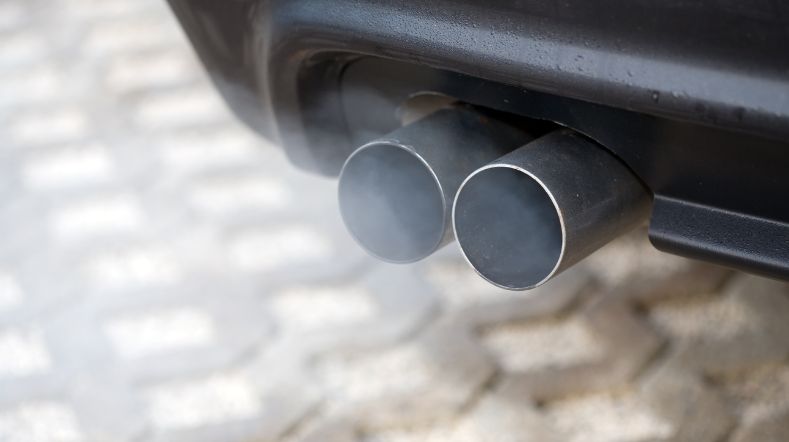

Heat
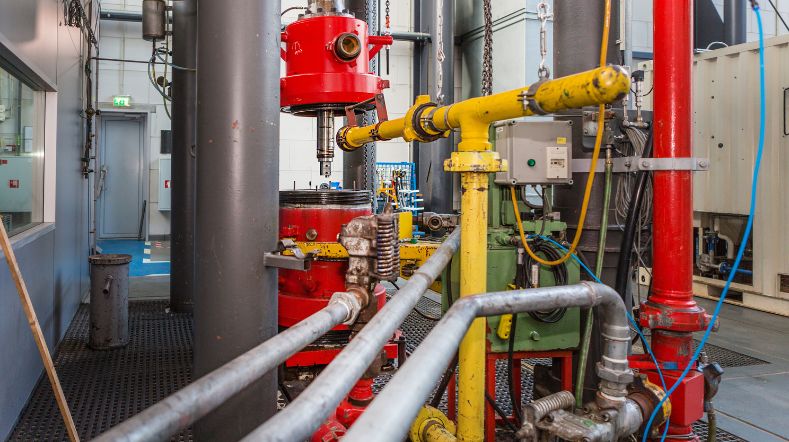

Geothermal energy: sustainable heat from the subsurface
